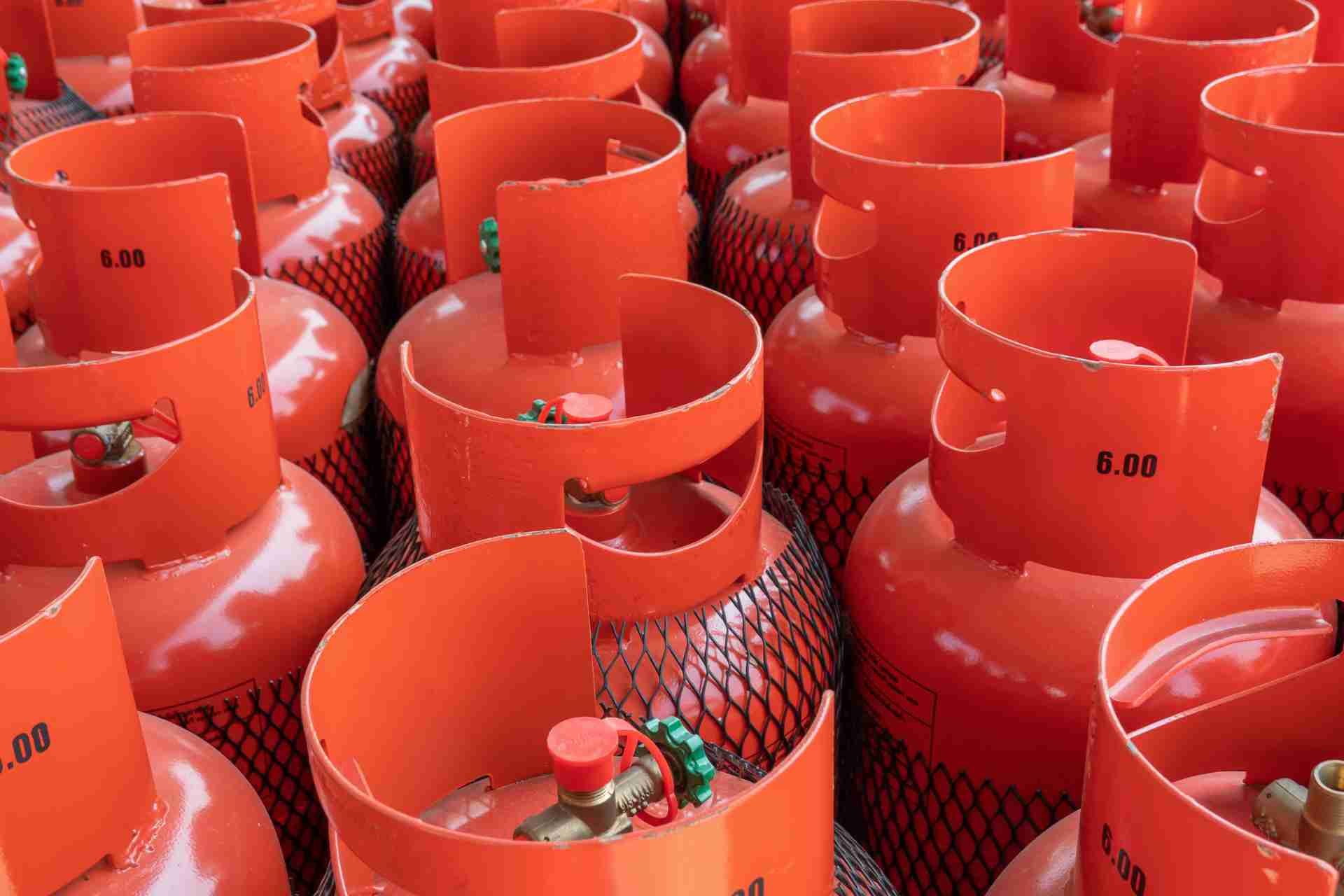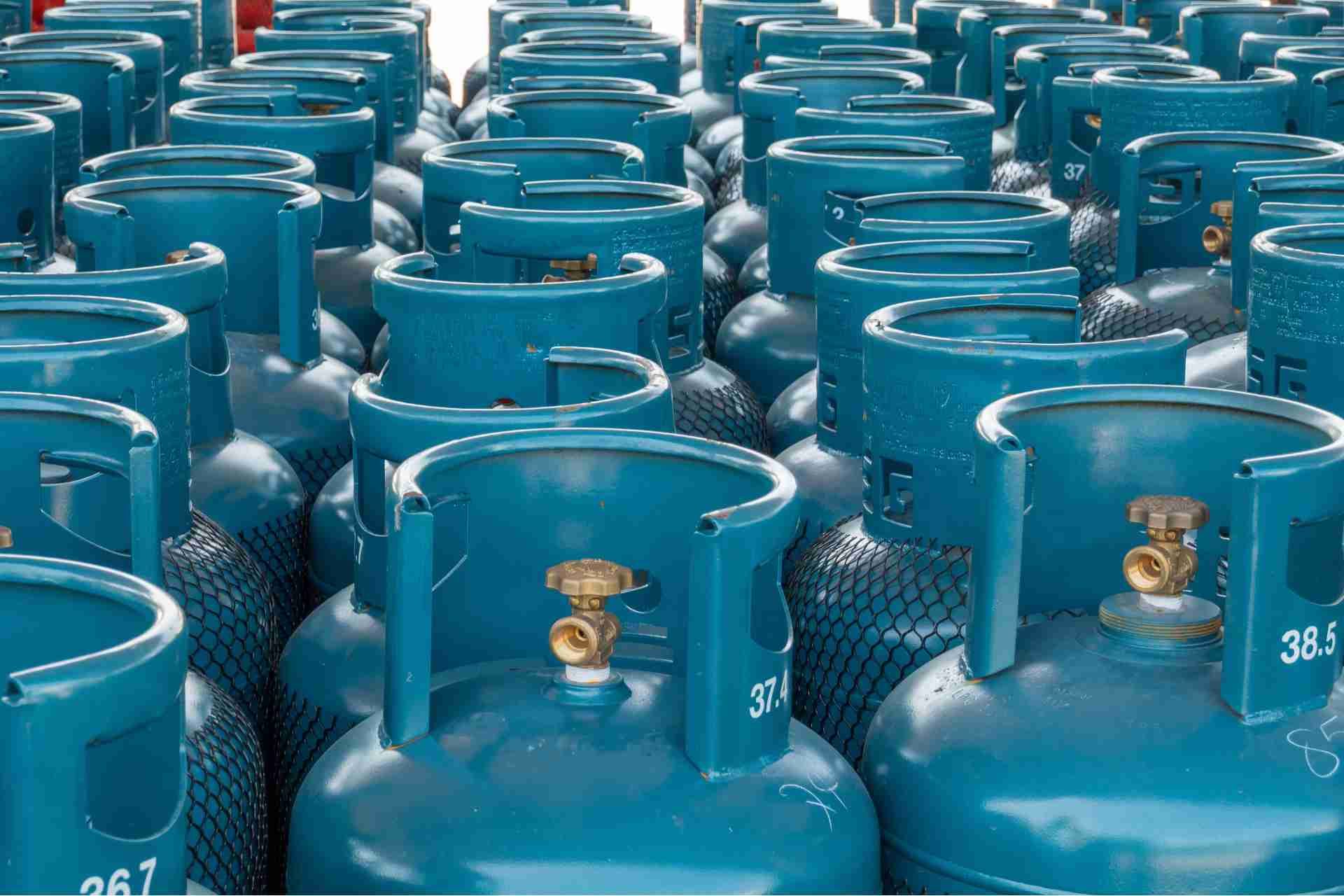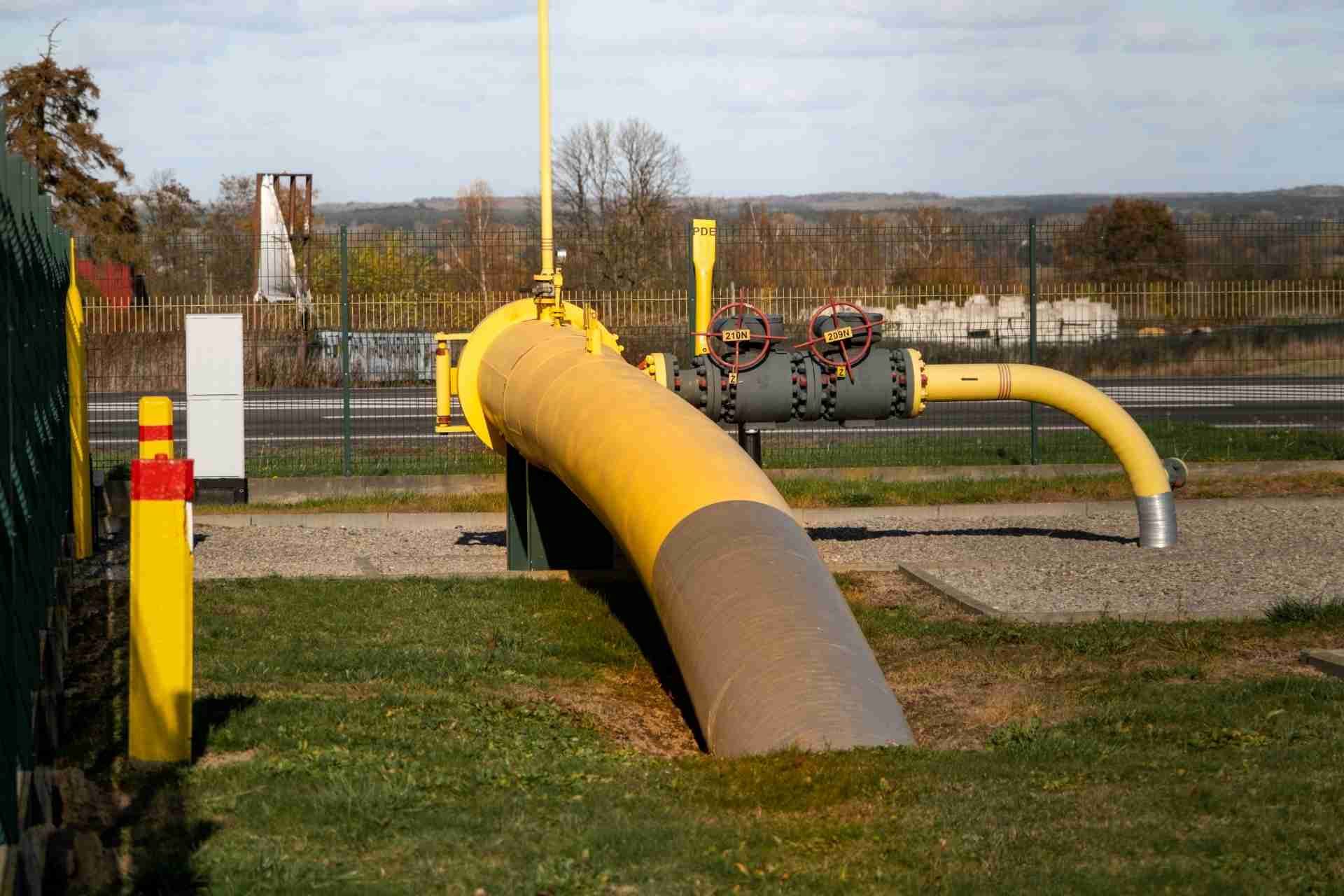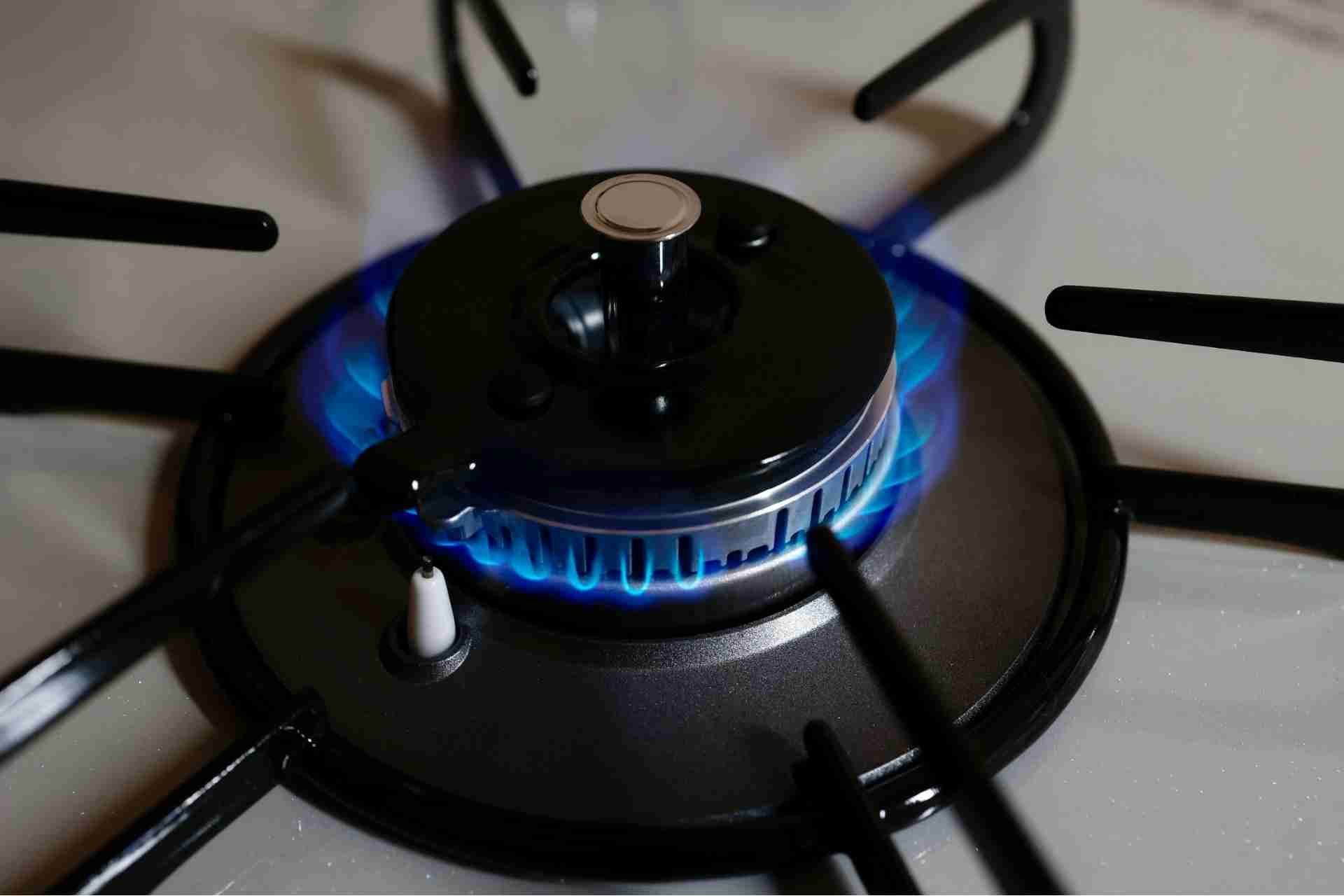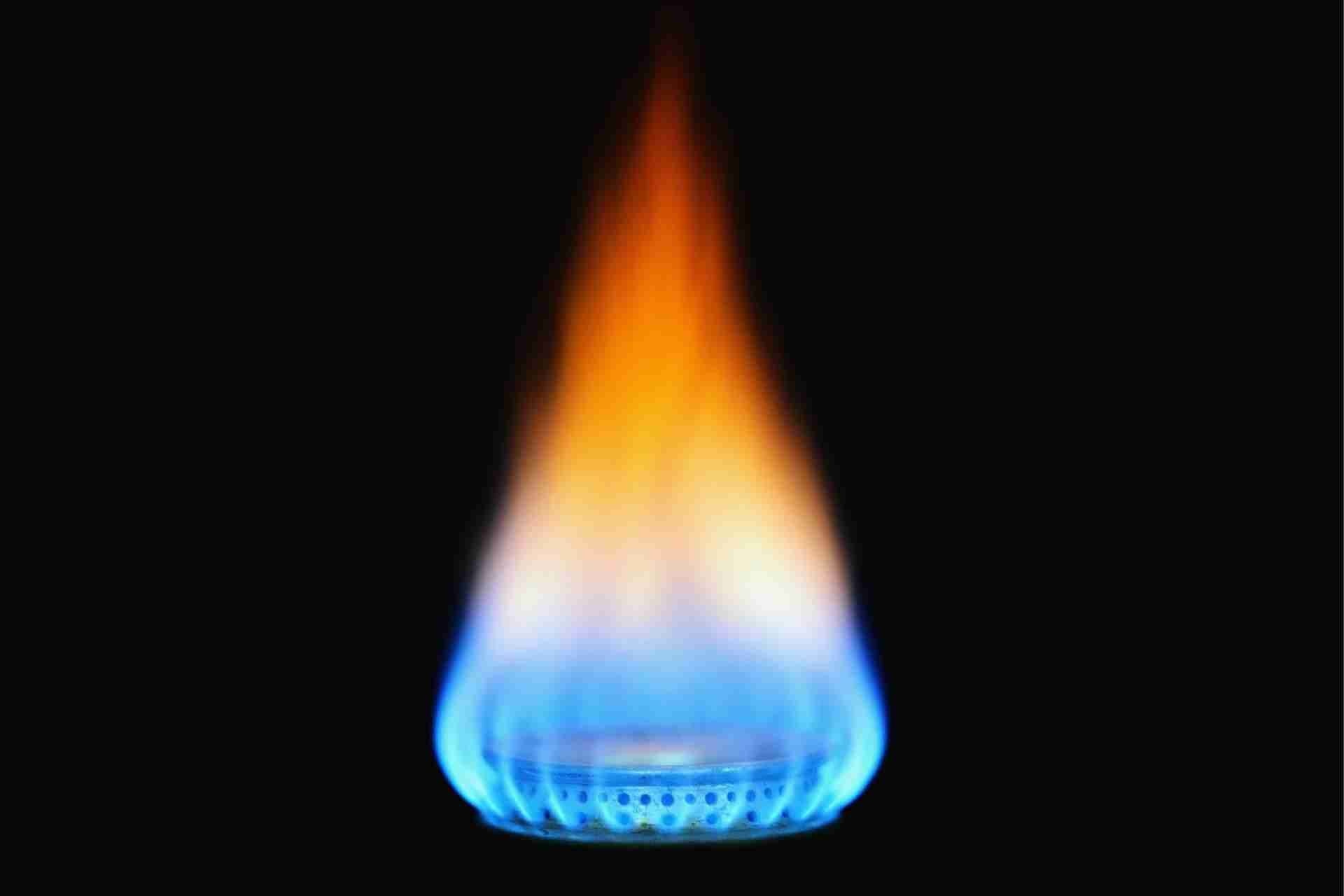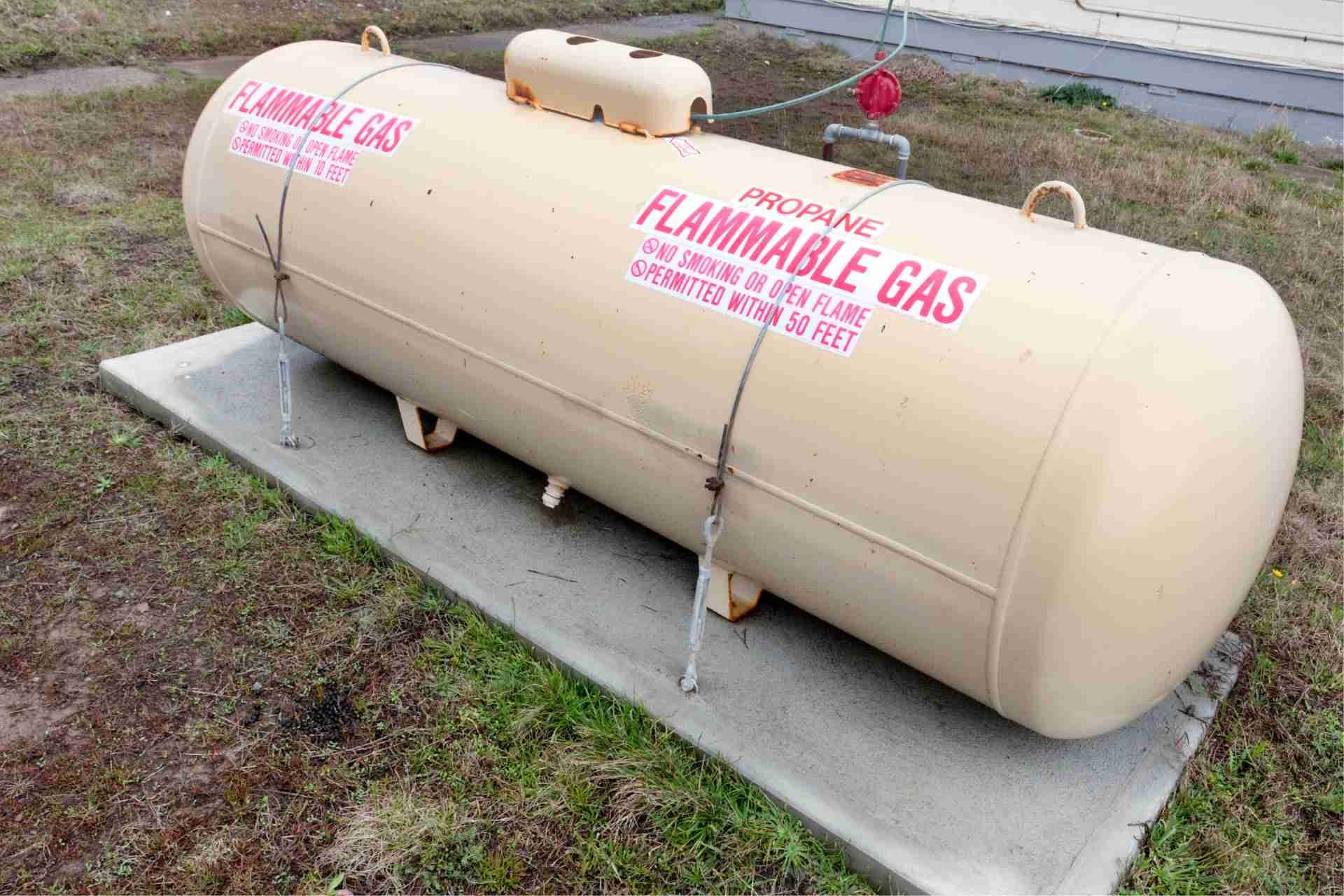Understanding Propane Tank Regulations
When it comes to propane tank regulations, knowing the rules is crucial for safety and compliance. You'll find that these guidelines cover everything from storage to transportation and installation. Ignoring them can lead to serious consequences. So, how do you ensure your tanks meet all the necessary standards? Let's explore the key aspects you need to consider to stay compliant and safe.
Overview of Propane Tank Regulations
When you're dealing with propane tanks, understanding the regulations surrounding them is crucial for safety and compliance. These regulations can vary significantly by location, so it's essential to familiarize yourself with local, state, and federal guidelines.
This includes knowing how to store, transport, and handle propane tanks properly, as improper practices can lead to dangerous situations. You should also be aware of the required inspections and certifications for both tanks and the equipment connected to them.
Additionally, many areas have specific zoning laws that dictate where you can place propane tanks. By staying informed about these regulations, you not only ensure your safety but also help protect those around you.
Always consult local authorities for the most accurate and up-to-date information.
Types of Propane Tanks and Their Uses
There are several types of propane tanks, each designed for specific uses and applications. The most common are portable 20-pound tanks, ideal for grills and outdoor heaters.
If you need something larger, consider the 100-pound tanks, which work well for heating larger outdoor spaces or RVs. For residential use, 500-gallon and 1,000-gallon tanks are popular choices, supplying fuel for home heating, water heating, and appliances.
Lastly, there are above-ground and underground tanks, each serving different installation needs. Understanding which tank suits your purpose is crucial for efficiency and safety.
Always consult with a professional to determine the best propane tank for your specific requirements. This way, you'll ensure you're using propane effectively and responsibly.
Storage Requirements for Propane Tanks
Proper storage of propane tanks is vital for safety and efficiency, regardless of the type you choose.
First, place your tanks in a well-ventilated area, away from flammable materials and direct sunlight. Ideally, keep them upright on a stable surface to prevent leaks. If you're storing a larger tank, ensure it's on a solid foundation, like concrete, to avoid sinking or tipping.
Always secure the tank's valve with a protective cap to prevent dust and debris from entering. Remember to regularly check for signs of rust or damage, and never store tanks indoors or in basements, as propane is heavier than air and can accumulate in low spaces.
Following these guidelines helps keep you and your environment safe.
Transportation Guidelines for Propane Tanks
Before you transport propane tanks, it's crucial to understand the regulations and best practices to ensure safety.
Always secure the tank in an upright position within your vehicle. Use a vehicle designed for transporting hazardous materials, and never transport tanks in the passenger compartment. Make sure the tank's valve is closed and protected from damage.
If you're transporting multiple tanks, ensure they're separated and well-secured to prevent movement. Avoid exposing them to extreme temperatures or direct sunlight during transport.
Additionally, keep a fire extinguisher handy and inform others nearby about the presence of propane. Adhering to these guidelines not only keeps you safe but also complies with local regulations regarding propane transportation.
Installation Standards for Propane Tanks
When installing propane tanks, it's essential to follow specific standards to ensure safety and compliance with local regulations.
First, make sure you choose a suitable location, away from flammable materials and structures. Keep a minimum distance from property lines and other utilities, as outlined by local codes.
You should also ensure the tank is on a stable, level surface to prevent shifting or tipping. Proper ventilation is crucial to prevent the buildup of gas.
Installing a shut-off valve is important for emergency situations, and all connections must be leak-tested.
Finally, always consult with a licensed professional to verify that your installation meets all applicable codes and standards, ensuring a safe environment for you and your neighbors.
Safety Precautions When Using Propane Tanks
Although using propane tanks can be safe, it's crucial to take specific precautions to prevent accidents and ensure your safety.
Always store propane tanks in an upright position, away from heat sources and direct sunlight. Inspect your tank regularly for leaks or damage; a bubble solution can help you detect leaks easily.
When connecting or disconnecting hoses, make sure your hands are dry, and avoid using tools that could spark. Don't use propane indoors unless you have proper ventilation, and never use a damaged or rusty tank.
Keep a fire extinguisher nearby, and know how to use it. Finally, familiarize yourself with emergency procedures in case of a propane leak or fire.
Always prioritize safety when handling propane.
Environmental Regulations for Propane Tanks
Using propane tanks safely goes hand in hand with understanding the environmental regulations that govern their use. These regulations aim to minimize the impact of propane on air, water, and soil.
When you store or use propane, you must ensure proper containment to prevent leaks and spills, as these can harm local ecosystems. Additionally, you should be aware of local zoning laws that dictate where propane tanks can be located.
Regularly reviewing and adhering to these regulations helps protect the environment while keeping your propane usage compliant. Don't forget that failure to follow these guidelines may result in fines or penalties.
Inspection and Maintenance of Propane Tanks
Regular inspection and maintenance of propane tanks are crucial for ensuring safety and efficiency. You should check your tank visually for signs of rust, corrosion, or leaks at least once a year. If you notice any issues, it's essential to address them immediately.
Additionally, you can conduct a pressure test to ensure the integrity of the tank. Regularly inspect the connections and hoses for wear and tear; replace them as needed.
Keep the area around your tank clear of debris and flammable materials to minimize risks. Remember to work with a certified technician for any major maintenance tasks or repairs.
Legal Consequences of Non-Compliance
When you fail to comply with propane tank regulations, you risk facing serious legal consequences that can affect both your finances and safety.
Authorities may impose hefty fines for non-compliance, and repeat violations could result in even steeper penalties. Additionally, if an incident occurs due to your negligence, you could be held liable for damages, including property loss or personal injury.
Insurance companies might refuse to cover claims related to unregulated tanks, leaving you to foot the bill. In extreme cases, you might even face criminal charges, especially if your actions endanger public safety.
To protect yourself, it's crucial to stay informed about regulations and ensure your propane tanks are compliant at all times.
Resources for Propane Tank Regulation Information
Finding reliable resources for propane tank regulation information is essential for ensuring compliance and safety.
Start by checking the official websites of organizations like the U.S. Department of Transportation (DOT) and the National Fire Protection Association (NFPA). They provide comprehensive guidelines and standards related to propane usage.
Local government offices can also offer specific regulations relevant to your area. Don't overlook industry trade associations, which often publish updates and resources tailored to propane professionals.
Additionally, consider attending workshops or webinars that focus on safety practices and regulatory changes.
Conclusion
In conclusion, understanding propane tank regulations is crucial for your safety and compliance. By knowing the types of tanks, storage requirements, and transportation guidelines, you can effectively manage your propane use. Always stay informed about installation standards and environmental regulations to avoid potential hazards. Regular inspections and maintenance are key to keeping your tank safe. Don't forget to consult local authorities for the most accurate information, ensuring you're always in line with the latest regulations.
